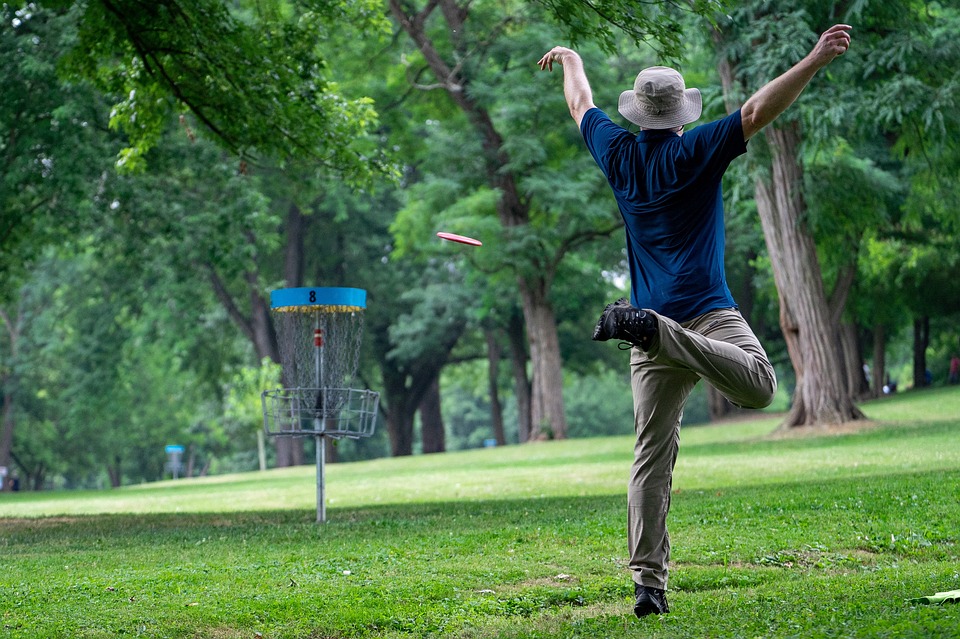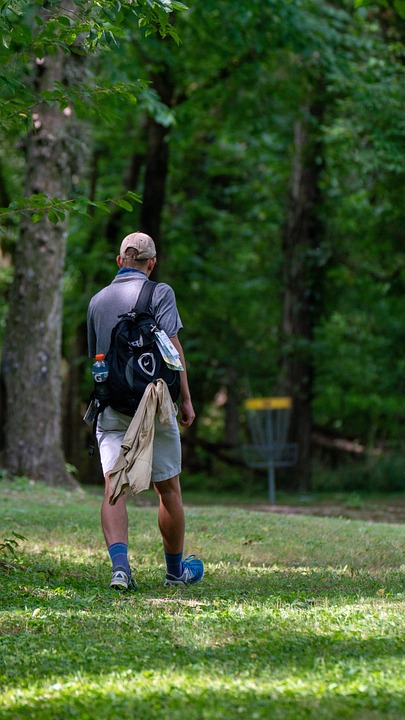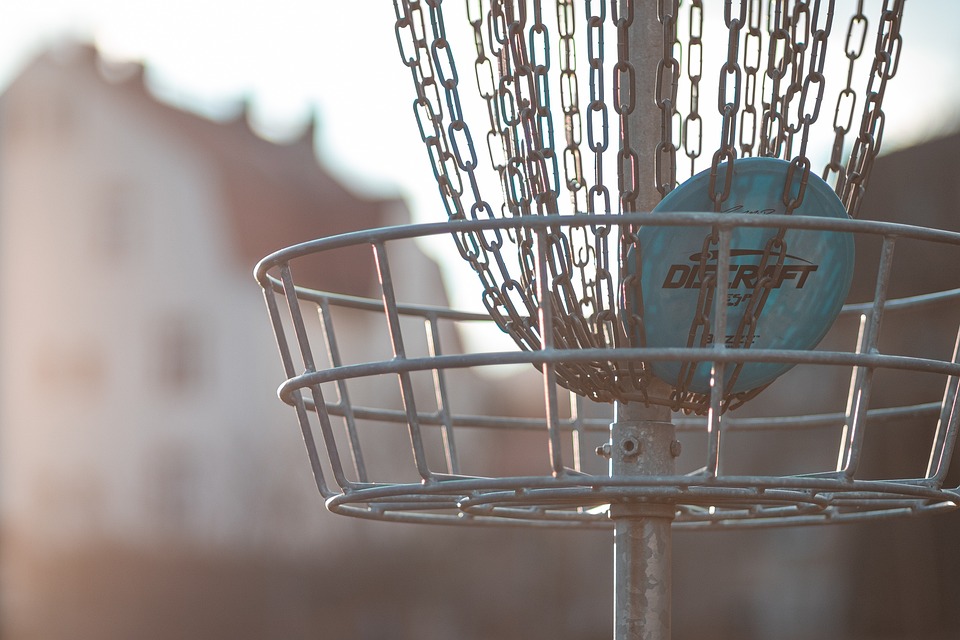Ever increasing circles — the evolving sport that is fr…
, 2023-05-04 01:17:47,
For you, a frisbee might just be a low-effort way to play fetch with your dog or a silly way of having fun with your mates at the beach. If you ask a lot of people what it means to “play” frisbee, they’ll describe a game of catch with a cheap plastic disc instead of a ball, but for an increasing community around the world, frisbee has become a competitive sport.
If you’ve never heard of Ultimate frisbee, you could be forgiven for picturing a ridiculous outdoor gimmick along the lines of real-world Quidditch — even those who have heard of it may not be aware of how far it’s come since its quirky origins in the 1960s. Ultimate is being introduced in schools; actively practiced on a competitive level in more than 80 countries and has a contingent of advocates pushing for it as an Olympic sport.
New Zealand Ultimate frisbee player Zev Fishman dives for a frisbee during a photoshoot on 1 October, 2015 in Auckland, New Zealand. The International Olympic Committee have fully recognized the World Flying Disc Federation, ultimate frisbees governing body, meaning it is eligible for IOC funding and can compete with other sports for inclusion in future Olympic games. (Photo: Hannah Peters/Getty Images)

National teams of Japan (white) and Australia during a Frisbee game during the World Games of the non-Olympic sports in Wroclaw. (Photo: EPA / Maciej Kulczynski)
The invention of frisbees
Let’s start with the basics — a frisbee is a gliding disc with a pronounced lip, typically made from injection-moulded plastic. There are several variants of frisbees used in different sports, and similar soaring objects like the Aerobie (flying ring) that are also stabilised by gyroscopic force when spun, and frisbee or disc has colloquially become an umbrella term for all these objects.
The story of frisbees starts in 1871, when a man named William Frisbie opened the Frisbie Pie Company in Bridgeport, Connecticut. The pies came in disc-shaped tins that students from the nearby Yale University realised could glide when thrown. One day in the late 1930s, a wacky chap named Walter Frederick Morrison and his partner Warren Franscioni were offered 25 cents for a cake lid they were throwing around at the beach which had only cost them five cents, and Morrison realised there was money to be made from all this flying disc business.

The British frisbee team, United Kingdom, 22 August 1974. (Photo: Evening Standard/Hulton Archive/Getty Images)
Morrison’s business…
,
To read the original article, go to Click here



 Private Internet Access gives you unparalleled access to thousands
of next-gen servers in over 83 countries and each US state. Your
VPN experience will always be fast, smooth, and reliable.
Private Internet Access gives you unparalleled access to thousands
of next-gen servers in over 83 countries and each US state. Your
VPN experience will always be fast, smooth, and reliable.

